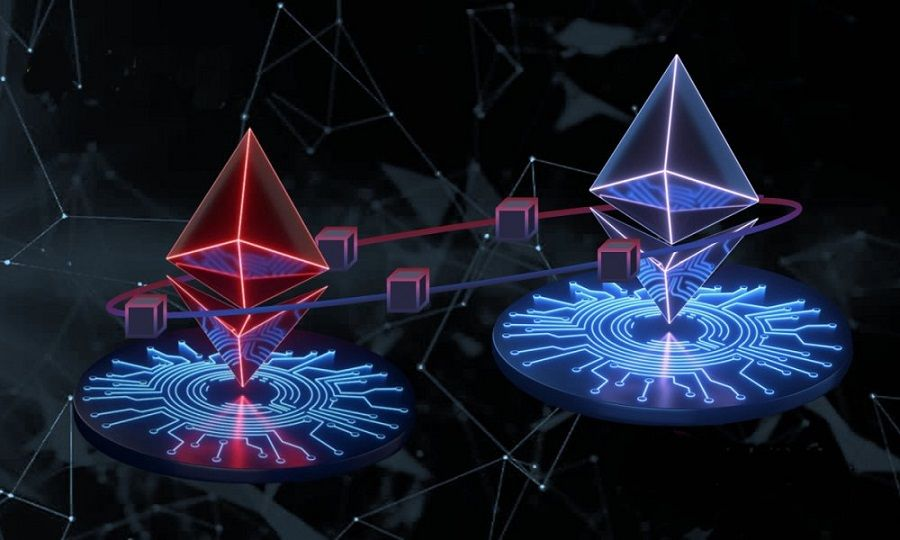Article Reading Time:
2 minutes.

An Ethereum puncture support engineer from the Ethereum Foundation announced the expected date for the merger of the test network with the main network and the transition to the Proof-of-Stake consensus mechanism.
Tim Beiko posted on TwitterEthereum's timeline for the transition from proof-of-work (PoW) to proof-of-stake (PoS). According to the document, the merger of Ethereum with the test blockchain is scheduled for September 19, 2022. The specialist warned that the forecasts were based on data he received at the PoS developer conference.
"This merger timeline is notfinal, but it's very interesting to see how it adds up. Please consider this as a planning timeline and stay tuned for official announcements!” Beiko declared.
The merger will enable Ethereum to move away fromenergy-intensive Proof-of-Work consensus mechanism used, for example, by Bitcoin, the developer says. In addition to reducing blockchain energy consumption by 99.95%, some Proof-of-Stake proponents expect switching mechanisms to provide security and scaling benefits. Today's PoW mechanism, in which miners compete to secure the network by solving complex computational puzzles, is a consensus algorithm that protects Bitcoin but has been criticized for its high energy costs, according to the Ethereum Foundation.
Getting rid of PoW was on the roadmapEthereum Foundation since the first launch of the network in 2015, but engineering difficulties led to the fact that the transition to the conditional “Ethereum 2.0” was delayed for several years. The merger is not expected to reduce Ethereum's relatively high fees and slow transaction speeds, but will have a significant immediate impact on the network's energy consumption.
</p>In June, Ethereum developers reported the successful transition of the Ropsten test network to the Proof-of-Stake consensus algorithm. Now it is not miners who are responsible for confirming transactions, but validators.





